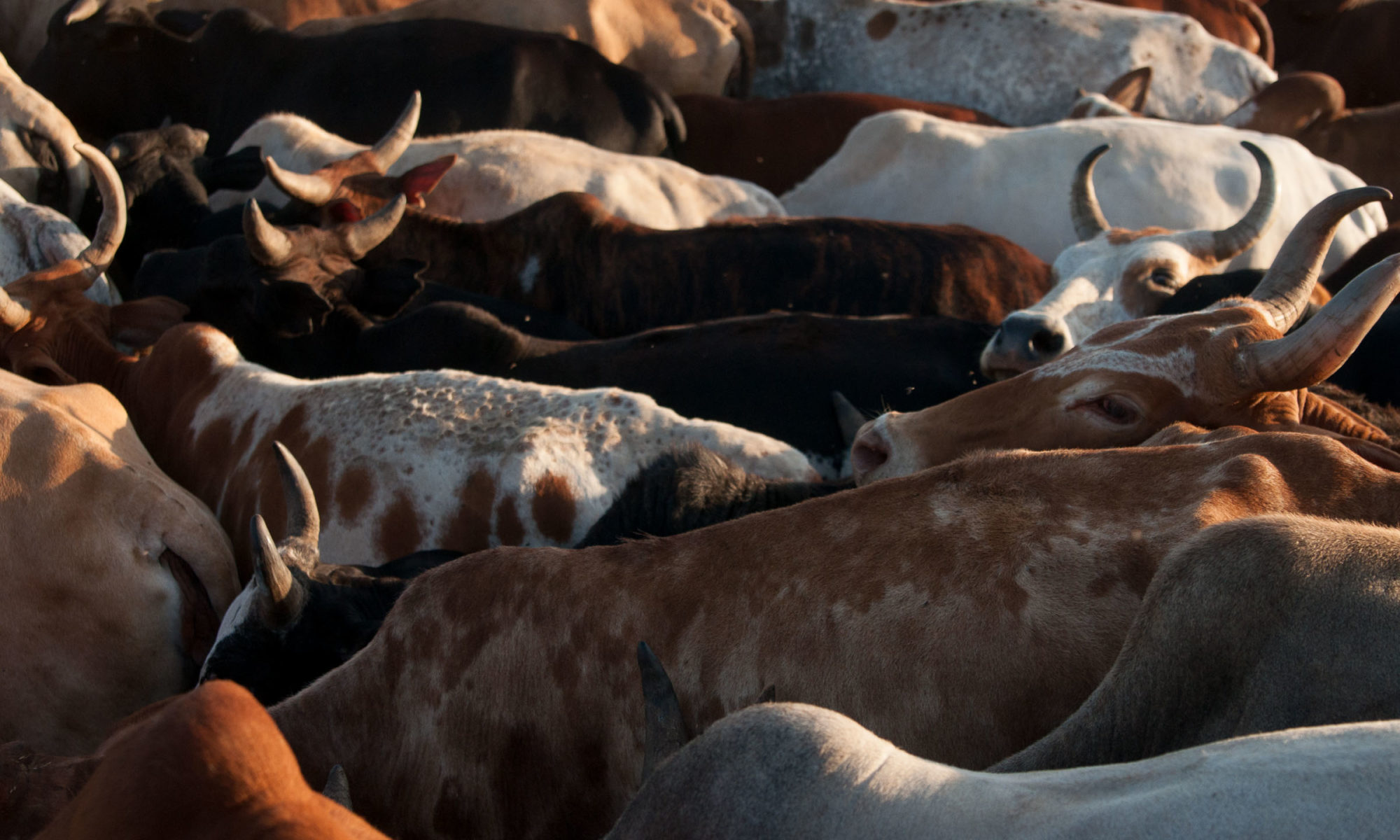Dear friend,
We want to be sure our applicants understand what kind of situation they are coming to. The Karamoja Mission may be very different from any place you have been before, and we may have different expectations of our visitors from those on other missions trips. The following is some information that may be helpful to you as you consider applying to come here. After reviewing this information please proceed to the application link at the bottom of this page:
- Our standard of living is very different from what you might be used to—kitchen appliances, plumbing, and bathroom facilities don’t work as well as the ones in your home. We don’t have hot water, and we have limited electricity provided by solar panels. We try to be very careful in how we use this power, usually for lighting at night and charging our various devices during the day. Internet access is limited and sometimes completely unavailable. We request that you bring as few electronic devices as possible (laptop/tablet, e-reader, camera).
- Temperatures range from humid 80s and 90s during the rainy season to dry, windy, dusty days of over 100 during the dry season.
- There are a variety of sicknesses that can be caught in Karamoja—among them amebiasis, giardiasis, brucellosis, and malaria. In addition, your body’s adjustment to the different environment may make you tired, ill, or generally out of sorts. Most of our visitors have few problems, but some have become very sick. Working outdoors can be very strenuous.
- It is not uncommon to encounter ants, spiders, flies, termites, and cockroaches in our houses. It is less common but still possible to find rats, bats, scorpions, and venemous snakes in and around our homes as well.
- Our Karimojong neighbors often do not have the means to attain our typical level of hygeine, and you will encounter individuals who do not regularly bathe, who wear old and worn-out clothing, and who are obviously suffering from various infirmities and sicknesses.
- Because we are obviously outsiders, many Africans openly stare at us wherever we go. It is common for us to draw a crowd of curious followers when we visit the market or a village. It is common for strangers to ask for clothes, shoes, money, etc., and you may not understand what they are saying.
- Grooming is not as easy, and you may have trouble keeping up a particular hairstyle or keeping your feet and fingernails as clean as you would like. Delicate clothing tends to fall victim to the sun, the roughness of washing, or the work to which you are assigned.
- Food choices are more limited in Uganda, and dietary restrictions can be problematic to maintain. Let us know as soon as possible if you have dietary restrictions. Most meals must be prepared from scratch and take more time and effort to create.
- You will be living and working very closely with a small but diverse group of people who have a variety of customs, humor, and personal preferences. You must be adaptable to changing what you are used to doing and how you are accustomed to doing things. It is very isolated here, so do not expect to “get away.”
- You may have to change plans drastically or on short notice due to the weather, road conditions, local events, or lack of necessary tools and supplies. Flexibility is key in your trip to Karamoja.
Online Application Forms:
-
- Visitor Application
- Emergency Medical Information Form
- Vaccinations Form (fill out after your application has been approved)
- Purchase IMG Insurance
If you have any questions during the application process, please contact Christopher Verdick for a medical question, our visitor coordinator for a question about a visit to Karamoja, and Charles Jackson for a question about a visit to Mbale.
Health Advice for Travel to Uganda (Microsoft Word file)
